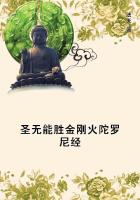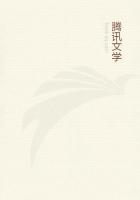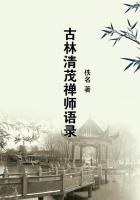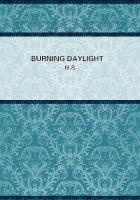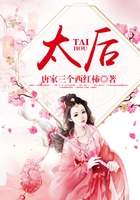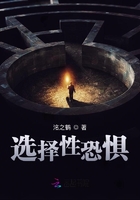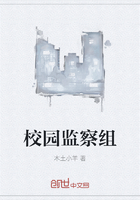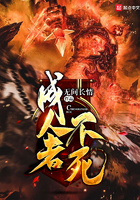THE GREEK CITIES THAT WERE REALLY STATES
WE modern people love the sound of the word "big." We pride ourselves upon the fact that we belong to the "biggest" country in the world and possess the "biggest" navy and grow the "biggest" oranges and potatoes, and we love to live in cities of "millions" of inhabitants and when we are dead we are buried in the "biggest cemetery of the whole state."
A citizen of ancient Greece, could he have heard us talk, would not have known what we meant. "Moderation in all things" was the ideal of his life and mere bulk did not impress him at all. And this love of moderation was not merely a hollow phrase used upon special occasions: it influenced the life of the Greeks from the day of their birth to the hour of their death. It was part of their literature and it made them build small but perfect temples. It found expression in the clothes which the men wore and in the rings and the bracelets of their wives. It followed the crowds that went to the theatre and made them hoot down any playwright who dared to sin against the iron law of good taste or good sense.
The Greeks even insisted upon this quality in their politicians and in their most popular athletes. When a powerful runner came to Sparta and boasted that he could stand longer on one foot than any other man in Hellas the people drove him from the city because he prided himself upon an accomplish- ment at which he could be beaten by any common goose.
"That is all very well," you will say, "and no doubt it is a great virtue to care so much for moderation and perfection, but why should the Greeks have been the only people to develop this quality in olden times?" For an answer I shall point to the way in which the Greeks lived.
The people of Egypt or Mesopotamia had been the "subjects" of a mysterious Supreme Ruler who lived miles and miles away in a dark palace and who was rarely seen by the masses of the population. The Greeks on the other hand, were "free citizens" of a hundred independent little "cities" the largest of which counted fewer inhabitants than a large modern village. When a peasant who lived in Ur said that he was a Babylonian he meant that he was one of millions of other people who paid tribute to the king who at that particular moment happened to be master of western Asia. But when a Greek said proudly that he was an Athenian or a Theban he spoke of a small town, which was both his home and his country and which recognised no master but the will of the people in the market-place.
To the Greek, his fatherland was the place where he was born; where he had spent his earliest years playing hide and seek amidst the forbidden rocks of the Acropolis; where he had grown into manhood with a thousand other boys and girls, whose nicknames were as familiar to him as those of your own schoolmates. His Fatherland was the holy soil where his father and mother lay buried. It was the small house within the high city-walls where his wife and children lived in safety. It was a complete world which covered no more than four or five acres of rocky land. Don't you see how these surroundings must have influenced a man in everything he did and said and thought? The people of Babylon and Assyria and Egypt had been part of a vast mob. They had been lost in the multitude.
The Greek on the other hand had never lost touch with his immediate surroundings. He never ceased to be part of a little town where everybody knew every one else. He felt that his intelligent neighbours were watching him. Whatever he did, whether he wrote plays or made statues out of marble or composed songs, he remembered that his efforts were going to be judged by all the free-born citizens of his home-town who knew about such things. This knowledge forced him to strive after perfection, and perfection, as he had been taught from childhood, was not possible without moderation.
In this hard school, the Greeks learned to excel in many things. They created new forms of government and new forms of literature and new ideals in art which we have never been able to surpass. They performed these miracles in little villages that covered less ground than four or five modern city blocks.
And look, what finally happened!
In the fourth century before our era, Alexander of Macedonia conquered the world. As soon as he had done with fighting, Alexander decided that he must bestow the benefits of the true Greek genius upon all mankind. He took it away from the little cities and the little villages and tried to make it blossom and bear fruit amidst the vast royal residences of his newly acquired Empire. But the Greeks, removed from the familiar sight of their own temples, removed from the well- known sounds and smells of their own crooked streets, at once lost the cheerful joy and the marvellous sense of moderation which had inspired the work of their hands and brains while they laboured for the glory of their old city-states. They became cheap artisans, content with second-rate work. The day the little city-states of old Hellas lost their independence and were forced to become part of a big nation, the old Greek spirit died. And it has been dead ever since.

